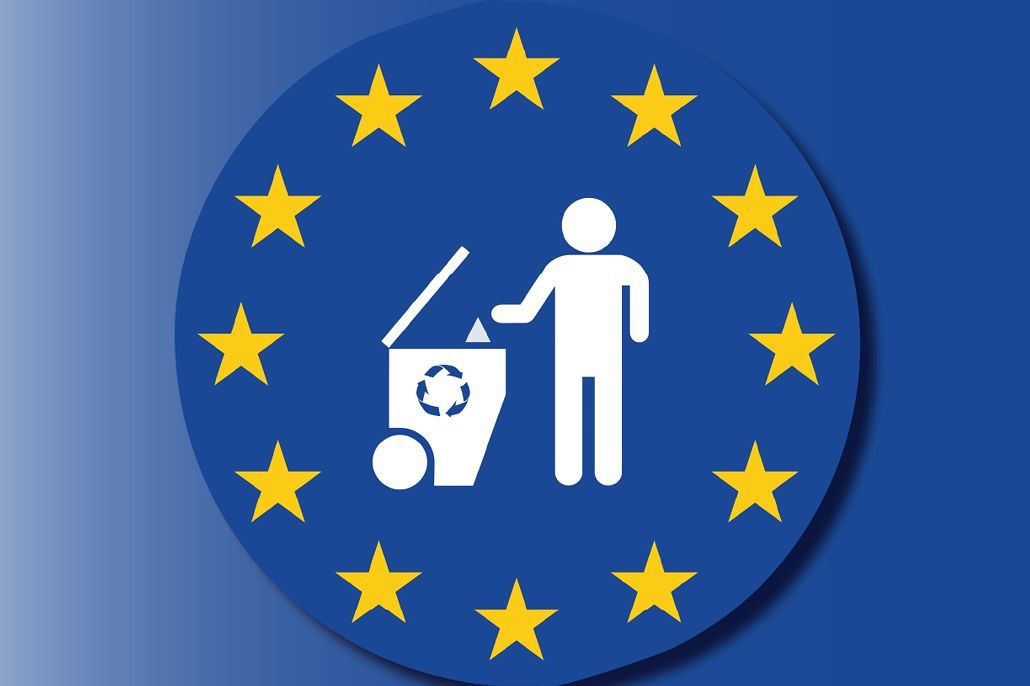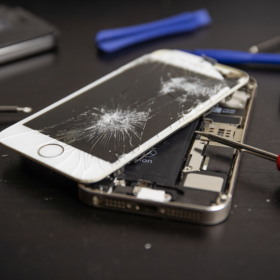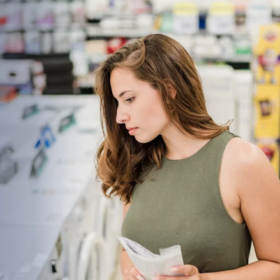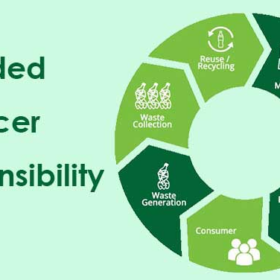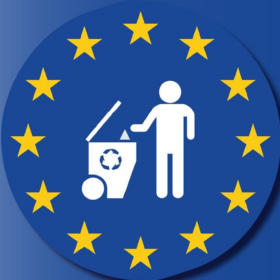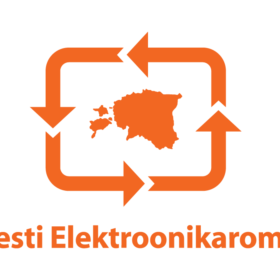Quick links to article content:
Understanding the Waste Electrical and Electronic Equipment Directive and the Role of Eesti Elektroonikaromu
The Waste Electrical and Electronic Equipment (WEEE) Directive
The Importance of Eesti Elektroonikaromu as a PRO
Growing issue of e-waste
Regulation of Waste Electrical and Electronic Equipment in Estonia
Why Eesti Elektroonikaromu is the Best Partner for Managing E-Waste in Estonia
Join the most effective producer responsibility organisation in Estonia
Frequently asked questions on Waste Electrical and Electronic Equipment Directive and the Role of Eesti Elektroonikaromu
Related materials
Our WEEE networkod and collection points
Understanding the Waste Electrical and Electronic Equipment Directive and the Role of Eesti Elektroonikaromu
In an age of fast-paced technological advancement and growing consumerism, the amount of waste electrical and electronic equipment (WEEE) generated has become a major global concern. The environmental and health hazards posed by improperly disposed electronic waste have led to the implementation of rigorous regulations and directives to manage and recycle e-waste.
One such significant legislation is the European Union’s Waste Electrical and Electronic Equipment (WEEE) Directive. This directive, aiming to curb the adverse impact of e-waste on the environment and public health, has had far-reaching implications for producers, dealers, retailers, and webshops selling electronic and electrical equipment, and batteries. Let’s delve deeper into understanding this directive and the crucial role played by Eesti Elektroonikaromu, Estonia’s leading Producer Responsibility Organization (PRO).
The Waste Electrical and Electronic Equipment (WEEE) Directive
The WEEE Directive is a legislation drafted by the EU, outlining measures for the collection, treatment, and recycling of e-waste. The directive is based on the Extended Producer Responsibility (EPR) principle, placing the responsibility of end-of-life product management on the producers, thereby encouraging them to design environmentally-friendly products.
The WEEE Directive mandates that producers:
- Register their products.
- Report the quantity of products placed in the market.
- Finance the collection, treatment, recovery, and environmentally friendly disposal of e-waste equivalent to the quantity of products they place in the market.
- Provide for the collection of their discarded products and their proper treatment.
- Ensure their products are correctly labeled to facilitate their effective disposal and recycling.
The Importance of Eesti Elektroonikaromu as a PRO
Given the numerous obligations that the WEEE Directive places on manufacturers, a well-structured system is essential to ensure compliance. This is where a PRO like Eesti Elektroonikaromu comes into play.
Eesti Elektroonikaromu acts as an intermediary between the producers and the regulatory authorities, providing a platform to manage their e-waste efficiently and responsibly. By partnering with a PRO like Eesti Elektroonikaromu, producers can fulfil their obligations under the WEEE Directive, without the need to individually establish complex and costly e-waste management systems.
As a member of Eesti Elektroonikaromu, businesses gain access to an established and effective network for collection, treatment, and recycling of e-waste. This not only aids in ensuring compliance with the law but also aids in promoting a brand’s commitment to social responsibility and sustainable practices.
Moreover, Eesti Elektroonikaromu takes on the task of reporting to the relevant authorities, easing the administrative burden for producers, dealers, retailers, and webshops.
Growing issue of e-waste
The WEEE Directive has been a monumental step towards addressing the growing issue of e-waste. However, for producers, the responsibilities that this directive imposes can be overwhelming. Joining hands with a competent PRO like Eesti Elektroonikaromu can ensure that businesses not only adhere to these responsibilities but also contribute positively to the environment.
Therefore, if you are a producer, dealer, retailer, or webshop dealing in electronic and electrical equipment and batteries in Estonia, choosing Eesti Elektroonikaromu as your PRO is a choice towards sustainability and regulatory compliance. Together, we can create a greener future by responsibly managing and recycling e-waste.
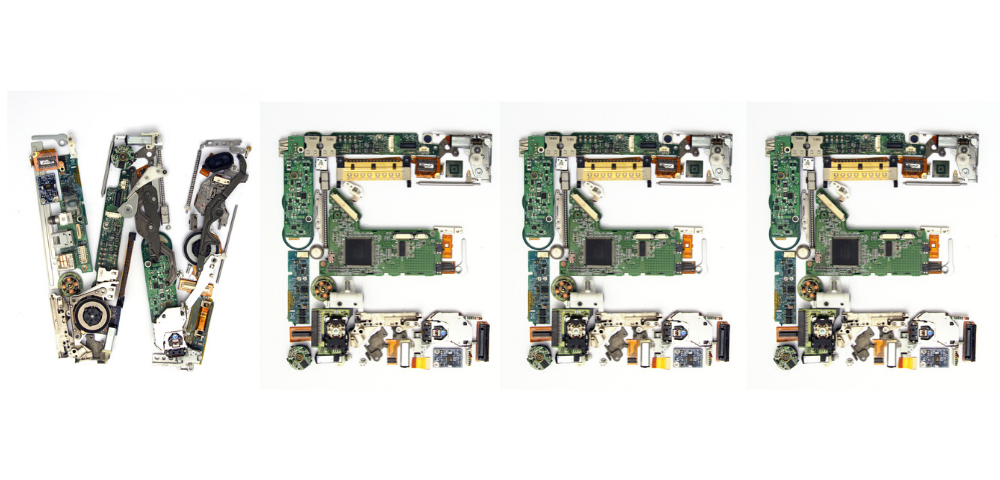
Regulation of Waste Electrical and Electronic Equipment in Estonia
The regulation of e-waste in Estonia is largely influenced by the European Union’s Waste Electrical and Electronic Equipment (WEEE) Directive, which Estonia adopted into its national legislation. The regulation is aimed at promoting the collection, recycling, and responsible disposal of e-waste.
In Estonia, all producers, importers, and distributors of electronic and electrical equipment, including online retailers and webshops, are required to adhere to these regulations. This involves registering their products, providing information on the quantities of products put on the market, and ensuring the collection and proper treatment of their products once they become waste.
Estonian Environmental Board, responsible for the implementation of the WEEE regulations in Estonia, offers more detailed information about these obligations on their website.
Why Eesti Elektroonikaromu is the Best Partner for Managing E-Waste in Estonia
Eesti Elektroonikaromu has established itself as one of the most effective Producer Responsibility Organizations in Estonia, with a strong track record in e-waste management. The organization provides a comprehensive solution to the e-waste management needs of producers, dealers, retailers, and webshops.
Expertise and Experience: Eesti Elektroonikaromu has extensive knowledge and experience in the field of e-waste management. This ensures that all operations are conducted in compliance with the WEEE regulations and other related laws.
Wide Network: With a broad network of collection points across Estonia, Eesti Elektroonikaromu ensures easy and efficient collection of e-waste. This network also extends to several recycling facilities, facilitating the efficient recycling of collected e-waste.
Reporting and Compliance: Eesti Elektroonikaromu handles all the necessary reporting obligations required under the WEEE regulations, freeing the producers from this administrative burden.
Promotion of Environmental Sustainability: Partnering with Eesti Elektroonikaromu demonstrates a commitment to environmental sustainability. The organization promotes eco-friendly practices and actively contributes to a circular economy.
In conclusion, choosing Eesti Elektroonikaromu as a partner ensures that businesses selling electrical and electronic equipment in Estonia not only comply with the WEEE regulations but also contribute positively to the environment.
As a producer, dealer, retailer, or webshop, choosing to partner with Eesti Elektroonikaromu brings you one step closer to sustainable business practices and environmental responsibility.
Join the most effective producer
responsibility organisation in Estonia.
We collect and recycle electronics, batteries and accumulators.
We organise e-waste reporting.
Frequently asked questions on Waste Electrical and Electronic Equipment Directive and the Role of Eesti Elektroonikaromu
The WEEE regulation in Estonia is primarily based on the European Union’s Waste Electrical and Electronic Equipment (WEEE) Directive, which has been adopted into the country’s national legislation. The regulation requires producers, importers, and distributors of electronic and electrical equipment, including online retailers and webshops, to take responsibility for the collection, recycling, and environmentally friendly disposal of their products once they become waste.
Under the WEEE regulation in Estonia, producers are responsible for registering their products, reporting on the quantity of products put on the market, and ensuring the collection and proper treatment of their products once they become waste. This includes financing the collection, treatment, recovery, and environmentally friendly disposal of e-waste equivalent to the quantity of products they place in the market.
The Estonian Environmental Board is the main authority responsible for implementing and enforcing the WEEE regulations in Estonia. They monitor compliance with the regulations and can impose penalties for non-compliance.
Businesses can ensure compliance with the WEEE regulation by joining a Producer Responsibility Organization (PRO) like Eesti Elektroonikaromu. These organizations handle all aspects of e-waste management on behalf of their members, including collection, recycling, and reporting, helping them to meet their obligations under the WEEE regulations.
Eesti Elektroonikaromu is one of the most effective PROs in Estonia, offering a comprehensive solution for e-waste management. The organization has extensive experience in the field, a wide network of collection points and recycling facilities, and handles all necessary reporting obligations, making it an excellent choice for businesses seeking to ensure compliance with the WEEE regulations and demonstrate a commitment to environmental sustainability.
Related materials
- Obligation to repair now as a law: the European Parliament obliges manufacturers to repair broken products
- Notification Obligation for Retailers and Online Stores in Electronic Waste Management
- Extended Producer Responsibility
- Waste Electrical and Electronic Equipment Directive
- A most effective E-Waste Recycling company in Estonia
- Eesti Elektroonikaromu: Leading the Way in Electronic Waste Management in Estonia

